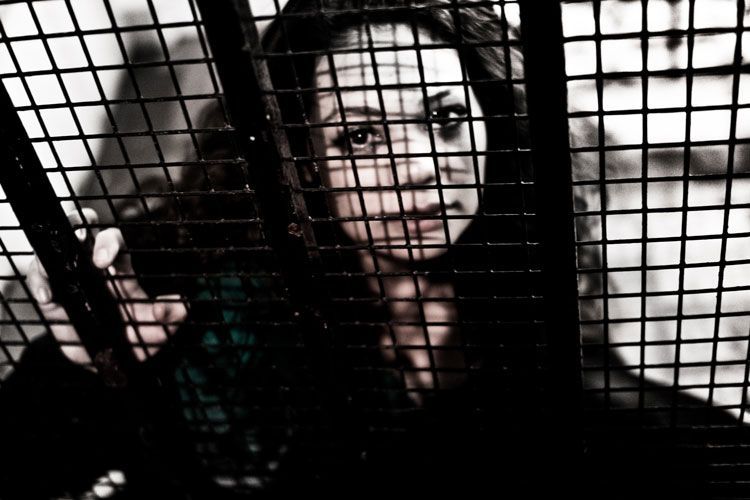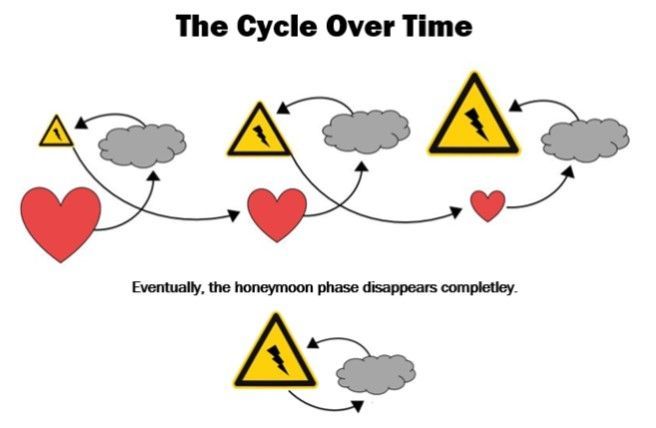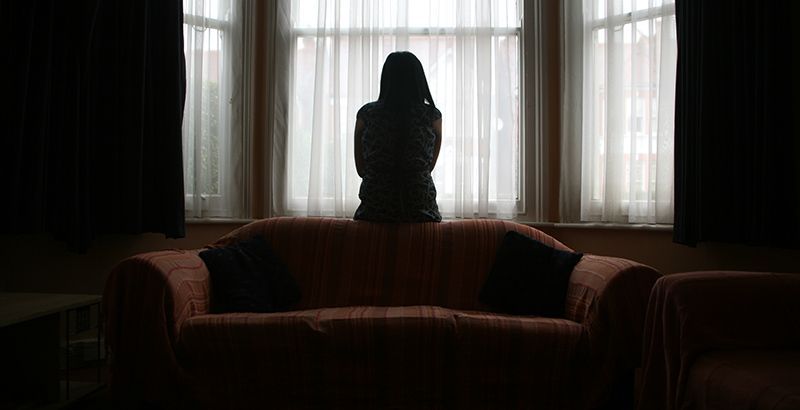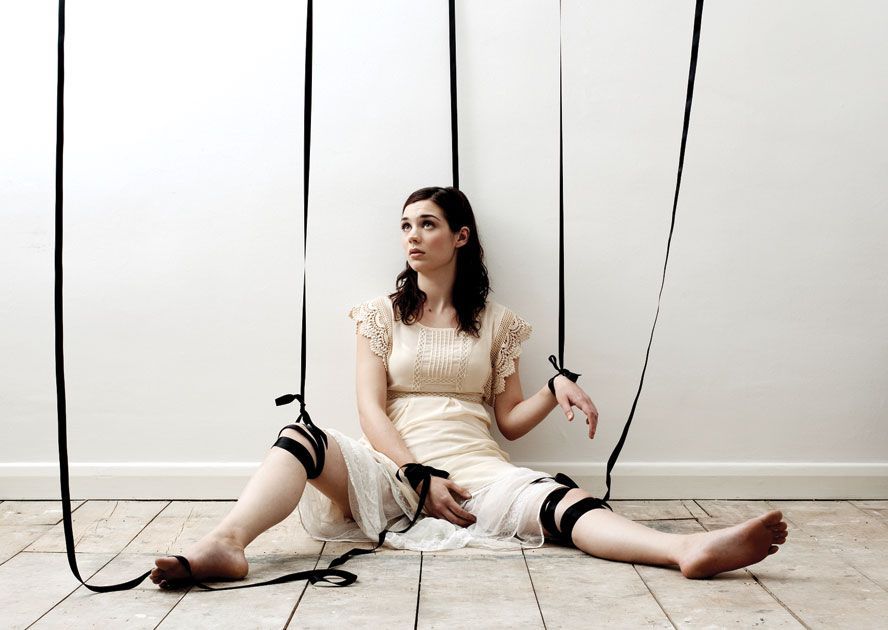)Cultural obstacles also exist to complicate things when it comes to leaving an abusive relationship. Some of these are:
1) Law Enforcement – Police may disregard accusations of abuse and consider it a “domestic dispute”. Consequently, the victim may feel they won’t be taken seriously, and the abuse will be dismissed. (Ironically, if it were two strangers involved, it would always be considered a crime.)
2) Court System – Potentially the victim can lose custody of the children, or lose joint financial assets. There is sometimes also a reluctance to prosecute domestic abuses cases, and a lesser charge may be brought on the perpetrator. A fine or probation are often the outcome, further risking the safety of the victim. Unfortunately, in reality, restraining orders don’t prevent the abuser from tracking down their ex-partner and repeating the abuse.
3) Religious Doctrine – Some religious or spiritual groups maintain that individuals have an obligation to maintain the family unit at all costs (despite abuse). The inference is that you’re a failure as a person if you fail to keep your marriage together.
4) Cost of Living Pressures – Inability to support self/children, or a decrease in standard of living may occur. In Australia in 2020-2021, the greatest cause of homelessness was family and domestic violence with nearly 120,000 people seeking support (ABS 2023).
5) Intergenerational Role Modelling – Previous generations were far more accepting of “knockin’ the missus round”. It was part of life in some relationships, and victims didn’t feel they could speak out. The law did not recognize the criminality of abuse. In some families, these “traditions” were handed down from generation to generation. Children saw abuse between their parents, and now they in turn role model that behaviour in their own relationships. In this case the abuse victim will believe abuse is just part of life.
6) Isolation – An abuser will often ensure their partner becomes disconnected from friends and family. Additionally, the victim can feel ashamed of the abuse and do their best to hide any signs of it from others. This usually leads to self-isolation. With limited external contacts, victims can feel they have no where to go if they leave.
7) Pressure to Conform – Cultural norms, social media and reality shows all tell us we should be in a long term, loving relationship – “coupled up”. If you’re not able to keep your man, there’s something wrong with you! Feelings of self-worth can be affected by having to admit that your relationship is over.













